Reasons why people are choosing cremation
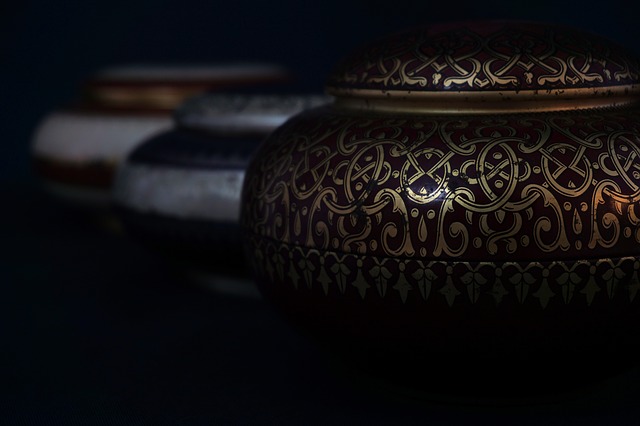 More and more people are choosing cremation as their final disposition method. Cremation is on the rise, and there are a lot of factors involved in this trend, from cost to claustrophobia, from religious considerations to the convenience of Skype, there are not only broad trends but also uniquely specific reasons why more and more people choose cremation over burial.
More and more people are choosing cremation as their final disposition method. Cremation is on the rise, and there are a lot of factors involved in this trend, from cost to claustrophobia, from religious considerations to the convenience of Skype, there are not only broad trends but also uniquely specific reasons why more and more people choose cremation over burial.
The most obvious reason is the cost. The cost of simple cremation generally cost 40 to 50% less than traditional ground burial overall. Cremation does not require a grave or a headstone, many families skip embalming, and cremation urns are generally cheaper than caskets. Cremation is also very simple; you can remove the need for the more elaborate ground burial ceremony involving casket, viewings, and so on. An urn is smaller and therefore much easier to handle than a full-sized casket.
Another reason why cremation is so popular is that it allows families to have more time to plan a memorial service. It provides flexibility. Cremation takes away any time constraints that burial might have. That extra time allows for a no-rush approach to planning a service. An urn is smaller than a casket, and it is very easy to transport and to store at home. Cremation also frees up the timeframe, so you can hold on to the remains indefinitely until you and your family arrange a burial, scattering or some method of disposition for the remains.
Another one is concerned about the environment. Traditional burial takes up space on the earth, and it involves toxic chemicals. Cremation does take its toll with carbon emissions, but as equipment and technology improve the impact on the environment is lessening. There is still some ongoing debate about this, but generally, cremation is considered more green and eco-friendly. There are even movements to push for a “greener” cremation, which involves the process of dissolving a body in a saltwater solution as there is a rise of alkaline hydrolysis.
Cremations are also more personal and less traditional. While religious traditions and family traditions are still important to people, there is a general trend away from traditionalism or tradition for the sake of tradition. Families prefer to celebrate the person in a unique and personal way. Cremation gives the flexibility for loved ones to design a completely different and unique kind of memorial and disposition. Scattering ashes is a popular choice, and this can be done in a lot of ways: from a helicopter, from a boat, in your backyard, at sea, planted as a memorial tree, shot off in fireworks and so on.
Another reason is that families are now all over. In the past, burials were simple because family members could easily gather at their local community church. And after the burial, they could still visit their deceased loved one in the cemetery. But today, families are not living as close together as they used to. There are more and more families that spread out across the country and even across the world. With cremation, families are not tied down to a specific location or cemetery. They can scatter the ashes to bring the urn containing their loved one with them when they move.
There are also specific reasons why some people choose cremation. One could be the space availability in the cemetery of their choice. An example was a reader on a blog who noted that their father, a WWII veteran, wanted to be buried at National Veteran’s Cemetery, but the only option available was interment in the veteran’s columbarium wall, so they went with cremation instead of the traditional burial.
Some also do not want to be used for science, so they want to be cremated instead. There are instances wherein bodies are dug up for science experiments. Some people chose cremation because they do not want to take up space in the cemetery, while some are claustrophobic and the thought of being in a casket makes them uncomfortable.
Another reason why people choose cremation is because of mobility. Their family moves around a lot, and they do not want to be left behind in a place where no one is available to take care of their grave while others want their ashes to be scattered to numerous places, most places that they loved when they were still alive.

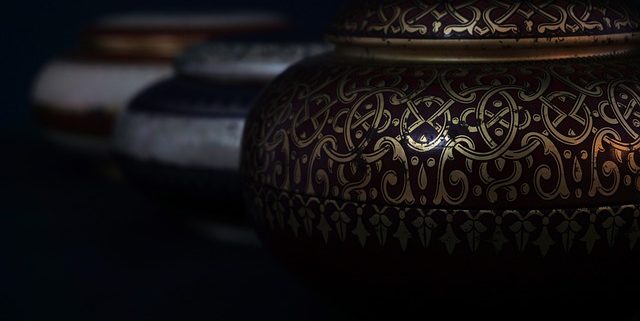
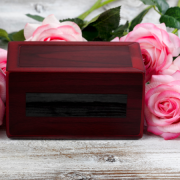
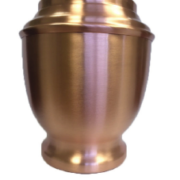

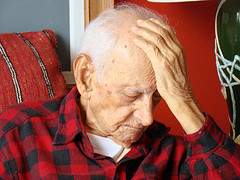



Therefore, people select more second online.